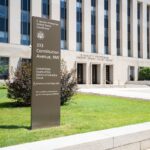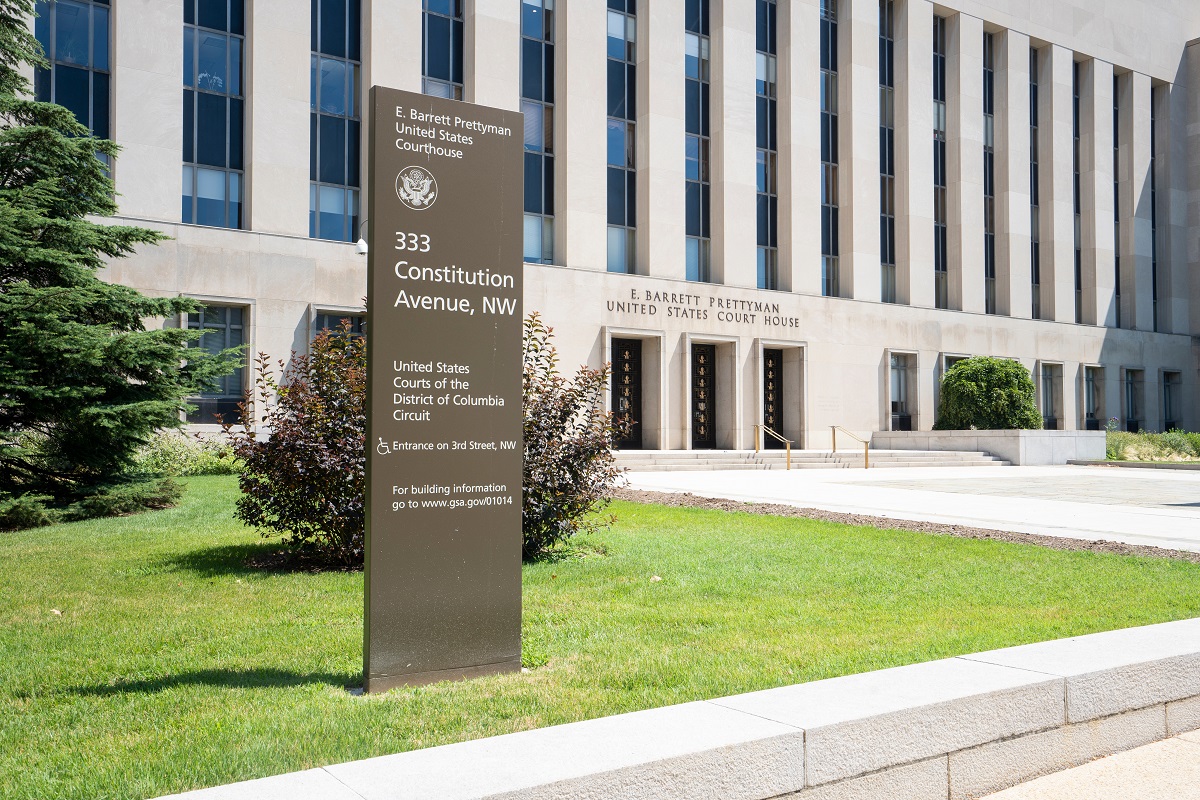 The U.S. Court of Appeals for the District of Columbia Circuit recently reversed and remanded a trial court’s order denying class certification, finding that the trial court improperly bypassed Fed. R. Civ. Pro. Rule 23’s prerequisites for class certification and based its denial of class certification entirely on the putative class’s “fail-safe” character.
The U.S. Court of Appeals for the District of Columbia Circuit recently reversed and remanded a trial court’s order denying class certification, finding that the trial court improperly bypassed Fed. R. Civ. Pro. Rule 23’s prerequisites for class certification and based its denial of class certification entirely on the putative class’s “fail-safe” character.
In so ruling, the DC Circuit noted that any “fail-safe” concerns a trial court has can be addressed under Rule 23’s specified requirements when making class certification decisions and provided some examples in this regard.
A copy of the opinion in In re White is available at: Link to Opinion.
The plaintiffs, a group of former employees of a hotel chain, sought class certification to pursue various claims against the hotel chain’s retirement plan for what they alleged were unlawfully denied vested retirement benefits.
The trial court ultimately denied certification on the ground that the former employees had proposed an “impermissibly ‘fail-safe’” class — that is, a class definition for which membership can only be ascertained through “a determination of the merits of the case.” The former employees timely appealed.
Rule 23(a) of the Federal Rules of Civil Procedure sets out the prerequisites for class certification. FED. R. CIV. P. 23(a). They are (1) numerosity, meaning that the “class is so numerous that joinder of all members is impracticable[,]” (2) commonality in that the “questions of law or fact” at issue in the case are “common to the class[,]” (3) typicality, which requires that the “claims or defenses of the representative parties [be] typical of the claims or defenses of the class[,]” and (4) adequacy in that the named representative parties “will fairly and adequately protect the interests of the class[.]” FED. R. CIV. P. 23(a).
After the Rule 23(a) requirements for certification are met, putative class members must show that their action is maintainable under one of the class-action types identified in Rule 23(b). And Rule 23 expressly directs that the definition of a class be determined and that its members be identified or identifiable early in the litigation, not at its end. See FED. R. CIV. P. 23(c)(1)(A).
The DC Circuit began by noting that courts have identified two main problems with certifying a so-called “fail-safe” class, the membership of which depends on the merits. First, if membership in a class depends on a final resolution of the merits, it is administratively difficult to determine class membership early on. See Jamie S. v. Milwaukee Pub. Schs., 668 F.3d 481, 492–497 (7th Cir. 2012). Second, if the only members of a fail-safe class are those who have viable claims on the merits, then class members either win or, by virtue of losing, are defined out of the class, escaping the bars of res judicata and collateral estoppel. See Young v. Nationwide Mut. Ins. Co., 693 F.3d 532, 538 (6th Cir. 2012).
By way of illustration, the DC Circuit noted that, for a class definition that encompasses “all those whom Company X defrauded,” the “defrauded” addendum makes the definition circular. That is, whether or not certain actions constitute fraud, a tortious activity for which Company X would be subject to liability, is just what the litigation is meant to find out. As for the res judicata effect, if a defendant is found not to have defrauded anyone, then there would be zero class members.
However, the DC Circuit also concluded that any “fail-safe” concerns a court has would be assuaged by following Rule 23’s specified requirements when making class certification decisions.
Specifically, the putative class prosecuting the action must be too numerous for individualized litigation to be practicable. FED. R. CIV. P. 23(a)(1). That numerosity must exist throughout the litigation. Yet a class that could be defined to have zero members if the plaintiffs lose is not numerous at all.
Similarly, the Court concluded that a circular class definition could reveal the lack of a genuine common issue of law or fact. See FED. R. CIV. P. 23(a)(2). Typicality too would be difficult to establish if the named plaintiffs might not be members of the class come final judgment. See FED. R. CIV. P. 23(a)(3); see also Amchem Prods., Inc. v. Windsor, 521 U.S. 591, 626, n.20 (1997).
Furthermore, a class action would fail to be a superior device for resolving a dispute if the class would collapse should the plaintiffs lose on the merits. See FED. R. CIV. P. 23(b)(3). Finally, even more fatal to an indeterminate class definition can be the requirement in Rule 23(c) that the trial court ensure up front the “binding effect of a class judgment on members[.]” FED. R. CIV. P. 23(c)(2)(B)(vii).4
In summary, the DC Circuit found that the textual requirements of Rule 23 are fully capable of guarding against unwise uses of the class action mechanism, so the Court rejected a rule against “fail-safe” classes as a freestanding bar to class certification ungrounded in Rule 23’s prescribed criteria. Instead, trial courts should rely on the carefully calibrated requirements in Rule 23 to guide their class certification decisions and the authority the Rule gives them to deal with curable misarticulations of a proposed class definition.
Accordingly, because the trial court based its denial of class certification entirely on the class’s “fail-safe” character, the DC Circuit reversed and remanded for further proceedings consistent with this opinion.
Photo: TADA IMAGES/STOCK.ADOBE.COM


